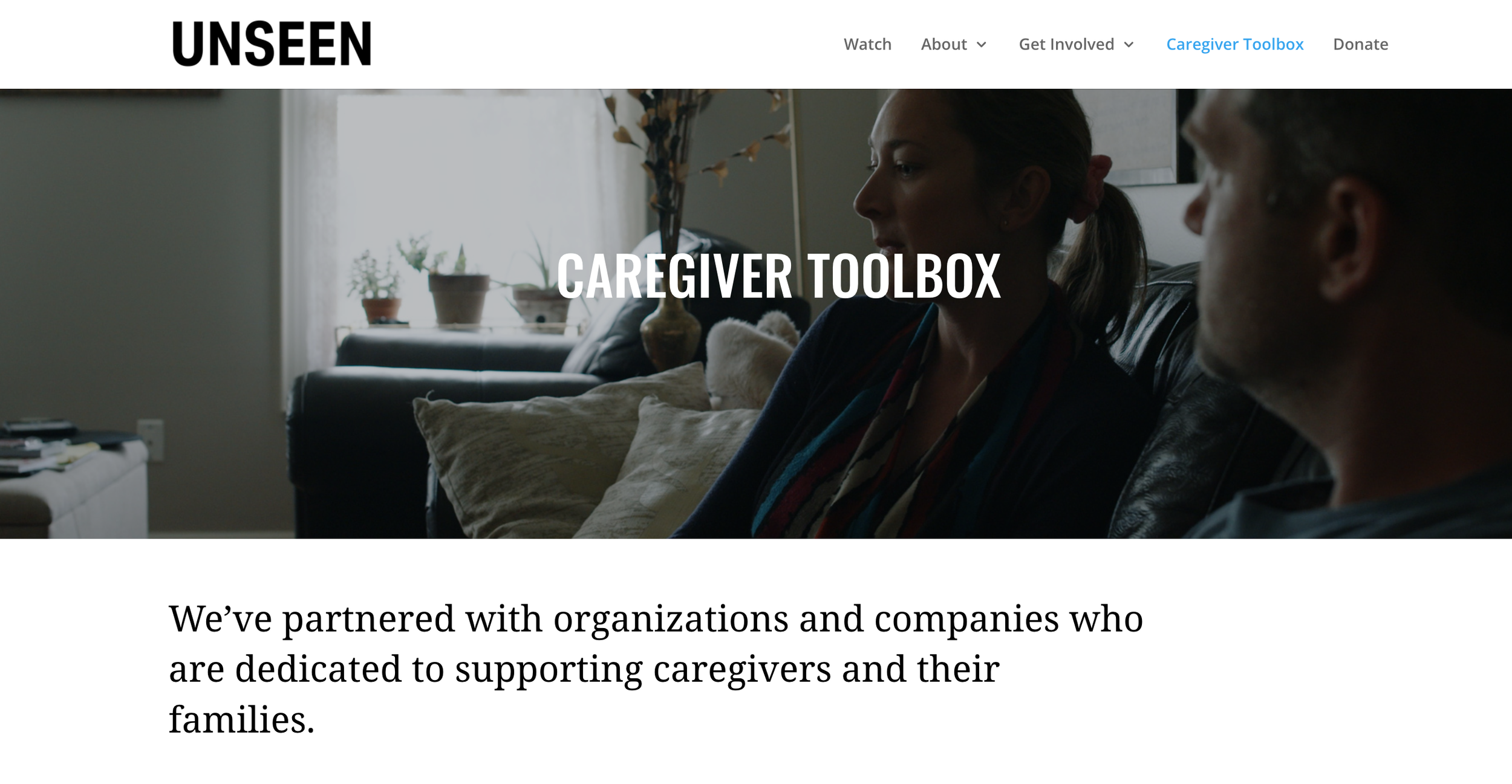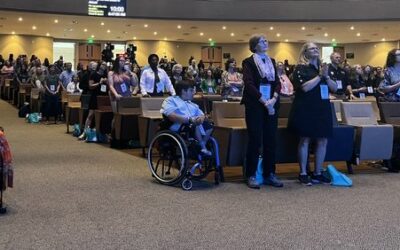Unseen: How We’re Failing Parent Caregivers and Why It Matters made its global online premiere May 20. This is part 2 of the in-depth questions we posed to Jess Ronne to help our readers better understand the issues raised in the documentary and how churches can be supportive of caregiving families. Read part 1 here.
7. What do you see as the long-term care plan for your disabled child? How can churches help families like yours implement such a plan?
Ideally, I would love for Lucas to be admitted to a beautiful farm-model residential option within the next few years. I will create this if I have to (which I probably will), but it would be wonderful for the church to come alongside and help with the process: fundraising, volunteering, paperwork, etc.
8. We encourage churches to serve as the front-door to the mental health system. What non-profit groups do you want churches to know about that have you found to be helpful for both your own mental, emotional and other needs, as well as the needs of your child/children? Examples: county mental health boards, NAMI groups, etc.
CMH (community mental health) in our county has been helpful, as has Lori’s Voice and A Kid Again, which is a wonderful organization for the whole family.
9. What spiritual questions do you feel churches should be prepared to address for families like yours? Examples may include questions about your and your child’s identity and purpose, as well as identity and purpose for your other children.
-
Why me?
-
What purpose can my child serve?
-
Why would God do this?
-
Why doesn’t the church care?
-
Why won’t the church help?
10. What have you seen or would you like to see from churches in the way of support for your other children?
Transportation is always a big hurdle with my family, because one of us (the parents) usually has to stay home with Luke. That’s okay, but we would like for our typical children to be able to participate in events. It’s difficult when there are obligations that we have to perform for our child with special needs, and honestly, we are usually beyond exhausted and don’t have the energy for one more thing, but we’re happy to send our children if someone can help with transportation.
11. What is the number 1 issue that you would change if you could? What is the issue that keeps you up at night?
Long term care options for children like mine. Most parents accept that it’s a sacrifice to raise a child, but when you have a typical child, there is hope that the child will spread their wings and fly one day. There’s the hope that you, the parent, will be able to enjoy your golden years. That hope is completely dashed with a child who will require lifelong care. It frustrates me that there are always beautiful residential options being built for the elderly, but nothing for kids like my Luke.
12. This documentary was created to draw attention to the desperate mental health and other needs of family caregivers. What would you most like to see happen as a result of this documentary? In a perfect world, how do you envision churches mobilizing to provide both immediate and ongoing support for families like yours?
Ideally, we begin with funding more long term options for these families. I absolutely believe that this is the issue that keeps most of these caregivers awake at night. Who will care for my child if I die, or if I can’t or don’t want to provide the care anymore? And removing the stigma attached to those who don’t want to care for their child for the rest of their lives. At some point, I just want to be Luke’s mom, and not his caregiver. I recognize that a yes to Luke for the rest of his life is a no to many other areas, including my other children, possible grandchildren, my marriage and myself ultimately.
In a perfect world, I go back to the church small group model. I really believe that this is the key for churches. It’s not about recruiting these families to come to church, although that is important! But it’s more about going into the world and serving these families right where they are. In order to accomplish this, there has to be trust. It will take some time for these families to be receptive to the help, and will probably begin with meals, grocery runs, and maybe lawn care before it advances to respite. It has to begin somewhere.
Download the Unseen viewer discussion and reflection guide. Learn how to see and share the Unseen documentary.
Jess Ronne is an author, speaker, and caregiver advocate. She is founder and executive director of The Lucas Project—a non-profit dedicated to providing respite opportunities for special needs families. She and her husband Ryan live in Michigan with their 8 children, including their son Lucas who has profound special needs. Her story of beauty from ashes has been shared on The Today Show, Daily Mail and Huffington Post and is detailed in her memoir Sunlight Burning at Midnight and newest book Blended with Grit and Grace. To follow the ongoing saga she can be found at www.jessplusthemess.com or Facebook/coffeewithcaregivers or Instagram/Jessplusthemess.









